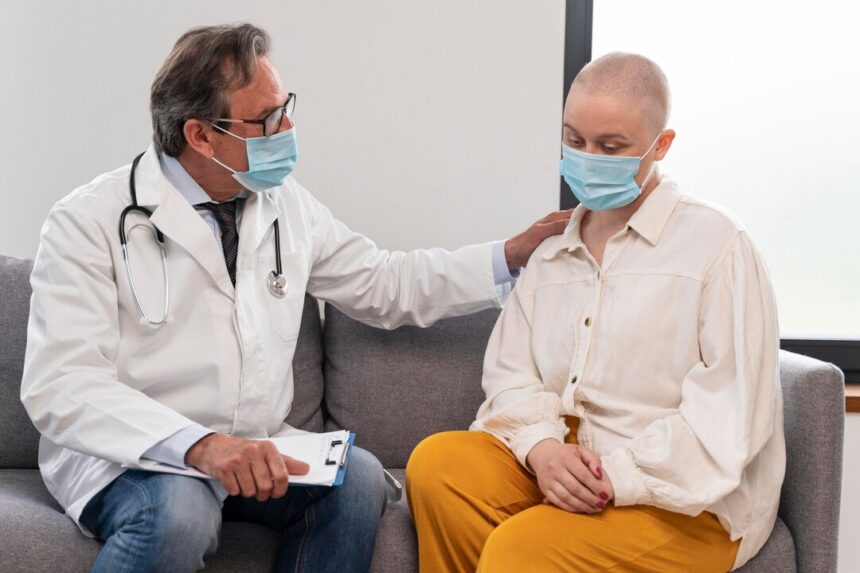A cancer diagnosis can be overwhelming, but with proactive management strategies and a supportive network, individuals can optimize their treatment outcomes, improve quality of life, and cultivate resilience throughout their cancer journey. Here are ten empowering ways to manage cancer:
1. Educate Yourself:
Take an active role in understanding your diagnosis, treatment options, and potential side effects. Ask questions, seek reliable information from reputable sources, and consider seeking a second opinion to make informed decisions about your care.
2. Build a Support Network:
Surround yourself with a supportive network of family, friends, caregivers, and healthcare professionals who can provide emotional support, practical assistance, and guidance throughout your cancer journey. Joining support groups or connecting with others who have similar experiences can also provide valuable encouragement and understanding.
3. Communicate Openly:
Maintain open and honest communication with your healthcare team about your symptoms, concerns, and treatment preferences. Effective communication facilitates personalized care, addresses potential complications early, and fosters a collaborative approach to treatment decision-making.
4. Prioritize Self-Care:
Prioritize self-care activities that promote physical, emotional, and spiritual well-being. Practice relaxation techniques, engage in regular exercise, maintain a balanced diet, get adequate rest, and pursue activities that bring you joy and fulfillment.
5. Seek Professional Support:
Explore complementary therapies such as acupuncture, massage therapy, yoga, and mindfulness-based practices to alleviate treatment side effects, manage stress, and improve overall quality of life. Consult with qualified practitioners who specialize in cancer care to ensure safe and effective integration of complementary therapies into your treatment plan.
6. Adhere to Treatment Plans:
Follow your prescribed treatment plan diligently, including chemotherapy, radiation therapy, surgery, immunotherapy, targeted therapy, or hormone therapy. Adherence to treatment protocols maximizes the effectiveness of therapy and enhances the likelihood of successful outcomes.
7. Manage Treatment Side Effects:
Work closely with your healthcare team to manage treatment-related side effects such as nausea, fatigue, pain, neuropathy, and emotional distress. Medications, supportive care interventions, lifestyle modifications, and integrative therapies can help alleviate symptoms and improve quality of life during treatment.
8. Maintain Regular Medical Check-ups:
Attend scheduled medical appointments for routine monitoring, follow-up evaluations, and surveillance tests as recommended by your healthcare provider. Regular check-ups allow for early detection of cancer recurrence, treatment adjustments, and ongoing management of long-term effects.
9. Foster Emotional Resilience:
Cultivate emotional resilience by practicing mindfulness, acceptance, gratitude, and self-compassion. Acknowledge your emotions, express them openly, and seek professional support from therapists or counselors to address anxiety, depression, or existential concerns related to cancer.
10. Stay Informed and Empowered:
Stay informed about advancements in cancer research, treatment options, and supportive care resources. Advocate for yourself by actively participating in decision-making processes, voicing your needs and preferences, and accessing available resources to enhance your cancer management journey.
Managing cancer requires a multifaceted approach that addresses physical, emotional, and practical aspects of care. By embracing education, support, self-care, and proactive communication, individuals can navigate the complexities of cancer treatment with resilience, hope, and empowerment. Remember, you are not alone, and there are resources and strategies available to help you face cancer with strength and determination.










